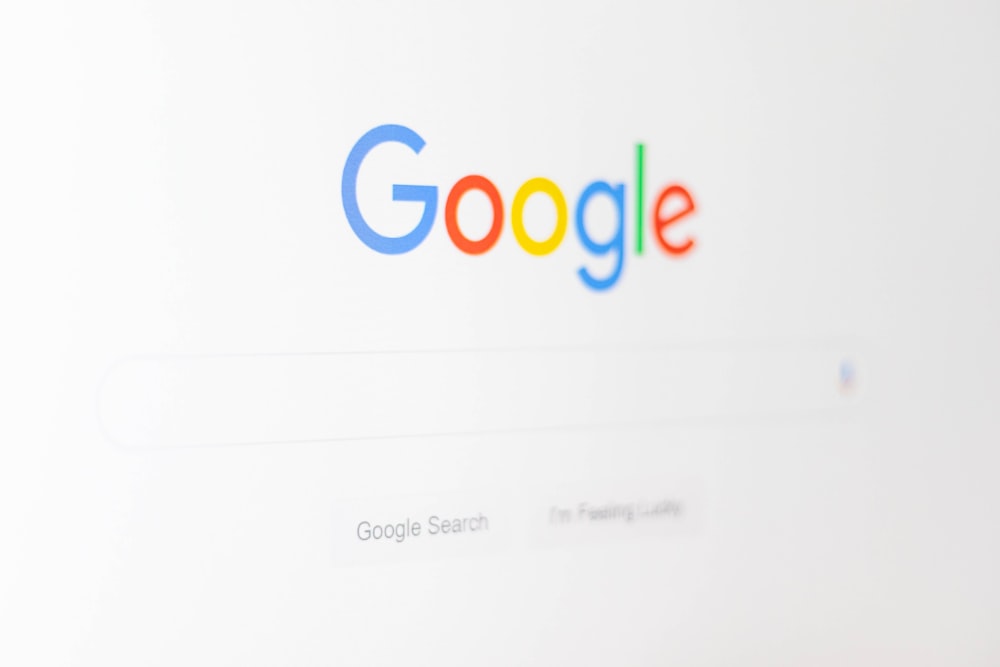Phoenix SEO – Understanding How Search Engines Work (Part 1)
For most websites, their goal is to be on top of the search results. Don’t care of the other details as long as the website is on the 1st page of the SERPs. On a daily basis, how many times do you use Google? Do you know how it works? Precisely! This is why I came up with this post. We all use search engines whether for leisure or business… and yet, not everyone is knowledgeable about search engines.
The World of Google Search
Annually, there are over 2 trillion searchers done on Google. That’s about 100 billion Google searches for every month. Indeed, search engines have been embedded in our routine. We all rely to Google whenever we want to learn, we want to order food, we want to shop, and even when we want to entertainment.
Google strives to provide the best solutions to our queries. Whatever it may be. However, do you know how search engines – like Google – work? How does Google decide on what to put on the top spot in its search results?
Why Should You?
Whether you are a blogger, online entrepreneur, or website owner, you need to know how these things work. After all, you are a citizen of the internet. You need to know how search engines do their job.
For one, you can make a website that appeals to both users and search engines. If search engines can’t understand your website, then, what’s the point? You are just wasting your time and money!
Knowing the “How” Part
Basically, search engines are always looking for new information that could be helpful to its users. First, they discover information. Second, they organize the information according to the user’s search intent. Hence, the 2 important terms: crawling and indexing.
Crawling
Search engines can’t be everywhere. Google won’t have time to inspect each website. Instead, it has what you call website crawlers. These crawlers are disseminated to scan all corners of the Internet. They will be the one to discover new information.
The website crawlers visit websites and look the number of pages it has. They will check the contents. It is an endless cycle of scanning websites because the moment they see a link, they will scan the contents of that link. They will keep doing the same process and they will continually look for the changes made to a particular site. Thus, they will if pages are updates, deleted, or added.
On March 1, 2013, Google announced that it knows about 30 trillion pages on the web. Three years later, Google added 100 trillion more to that number. Yes, about 130 trillion pages discovered by 2016! That’s a huge milestone for Google!
Make it easier for the website crawlers.
Your job now is to make it faster for the crawlers to ‘read’ your website and its contents. Because if can’t, then, it will move to the next website. Website crawlers won’t waste time scanning one website alone. So, make sure it can scan your website without any hitches.
Go to the Google Search Console and provide details about your website. Next, build a sitemap so that crawlers will know the specific pages in your website. Google made a guide on how to create a sitemap. For more information, please refer to this help page.
Next? Understanding How Search Engines Work (Part 2)
SOURCE: (1)
- Linkhelpers SEO – 8 Tools for Content Creation and Collaboration - March 18, 2020
- Linkhelpers SEO – 6 Event Marketing and Other Similar Marketing Tools - March 18, 2020
- Linkhelpers SEO – 4 Video Marketing Tools to Upload Your Video Ads - March 18, 2020



